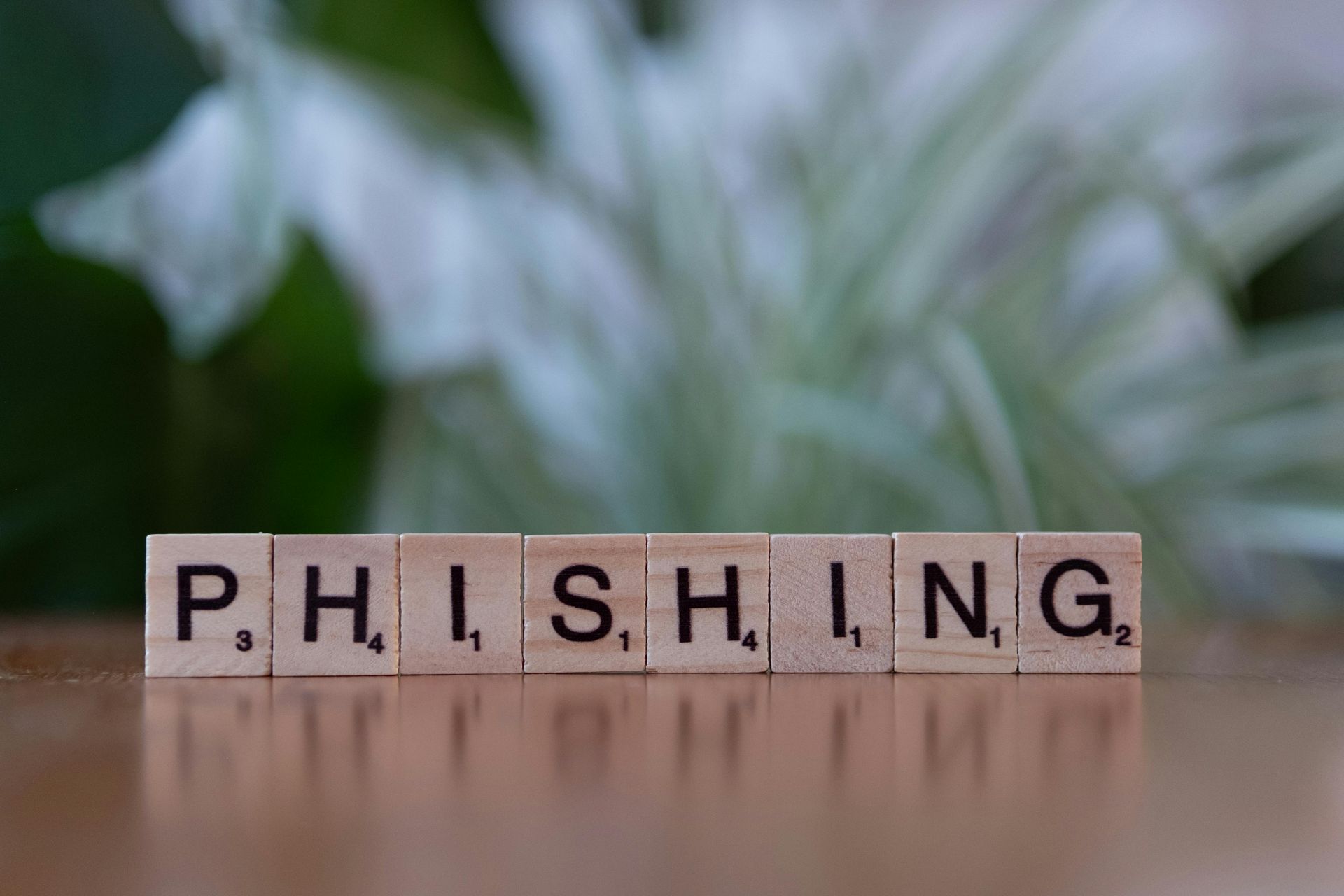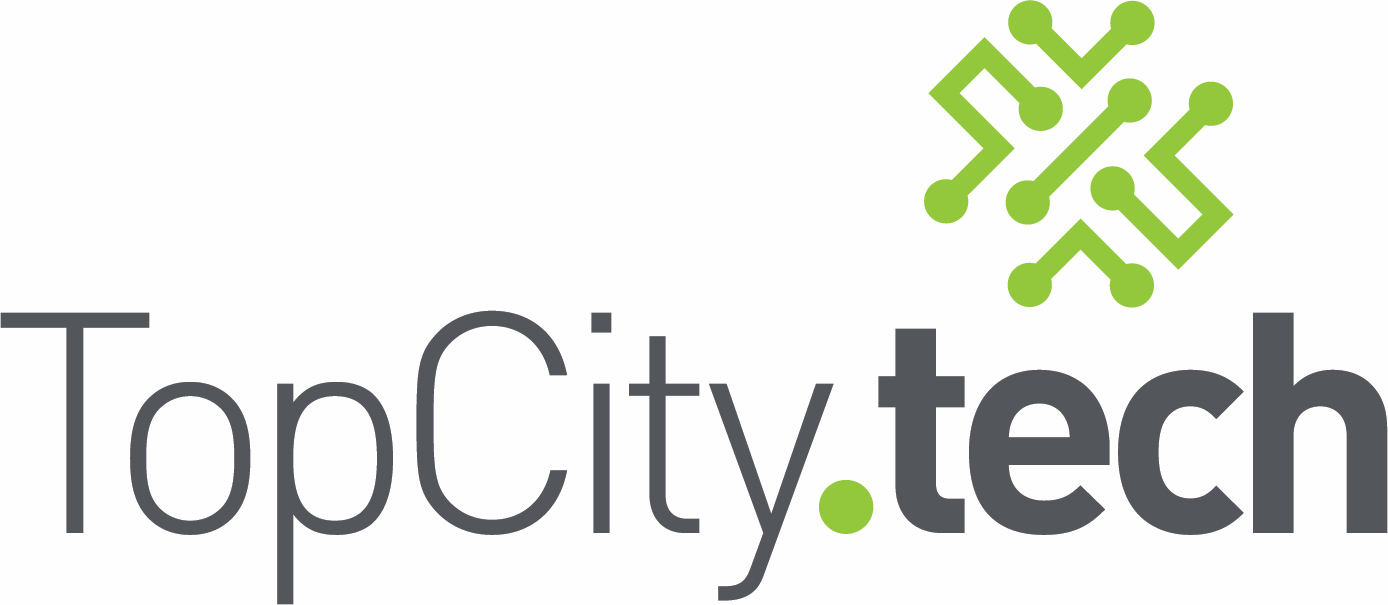Why (and How) to Clear Your Browser Cache and Cookies
May 27, 2025
Clearing Your Browser's Cache and Cookies
Ever had a website not load right, or something just feels off online? The fix might be easier than you think: clear your browser cache and cookies.

What Are Cache and Cookies?
- Cache: Your browser stores pieces of websites (like images and files) to help them load faster next time.
- Cookies: Small files websites use to remember things like your login, shopping cart, or preferences.
Why You Should Clear Them
- Fix website loading issues (broken buttons, pages not updating)
- Protect your privacy (especially on shared computers)
- Sign out of all accounts (great if you lost access or switched users)
- Speed things up (overloaded cache can slow your browser down)
When Should You Clear Them?
- A website isn’t working right
- You’re seeing old info that won’t refresh
- You’re logged into the wrong account
- You’re troubleshooting online issues
How to Clear Cache and Cookies (Quick Steps)
Google Chrome
- Click the 3 dots (top right)
- Go to Settings > Privacy and Security
- Click Clear browsing data
- Select Cookies and cached images/files
- Click Clear data
Microsoft Edge
- Click the 3 dots
- Go to Settings > Privacy, search, and services
- Under Clear browsing data, click Choose what to clear
- Check Cookies and cached files
- Click Clear now
Firefox
- Click the 3 lines (menu)
- Go to Settings > Privacy & Security
- Scroll to Cookies and Site Data
- Click Clear Data
Still having issues after clearing cache?
Reach out to Top City Tech — we’re happy to help you troubleshoot.

You get an email from your bank. It says there's a problem with your account. Click this link immediately to fix it. You click. You enter your password. Congratulations—you just gave a hacker everything they need to steal your money. That's phishing. And it's the number one way people get hacked. Here's how to spot it before it's too late.

If you've ever had your screen hijacked by a scary pop-up claiming your computer is infected and demanding you call "Microsoft Support" immediately - you're not alone. These scareware attacks are one of the most common issues we see at Top City Tech, and they're getting more sophisticated every day. The good news? There's a simple fix that takes just a few minutes.





